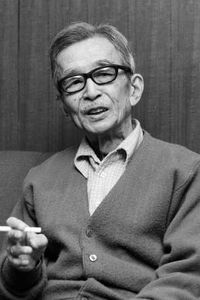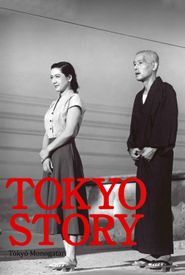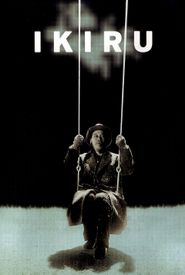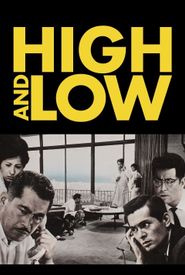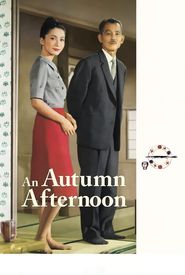Nobuo Nakamura, a highly acclaimed and accomplished Japanese actor, left an enduring imprint on the world of cinema with his remarkable performances in a multitude of films, particularly during the 1950s and 1960s, when he collaborated with some of the most celebrated and revered directors of the time, including the illustrious Akira Kurosawa and the venerable Yasujiro Ozu.
Throughout his illustrious career, Nakamura's impressive range and versatility as an actor allowed him to take on a wide variety of roles, each one showcasing his remarkable talent and skill. One of his most iconic and memorable performances was as the ruthless deputy mayor in Kurosawa's groundbreaking and influential film, Ikiru, which premiered in 1952 and continues to be celebrated and studied by film enthusiasts and scholars alike.
In addition to his unforgettable portrayal of the deputy mayor, Nakamura also delivered a standout performance as the beleaguered husband of a hairdresser in Ozu's poignant and critically acclaimed film, Tokyo Story, which premiered in 1953 and has since become a timeless classic of Japanese cinema.
Nakamura's artistic accomplishments extend far beyond the realm of cinema, as he is also renowned for his remarkable stage presence and versatility as a thespian. It was in the year 1937 that he, along with Haruko Sugimura, Seiji Miyaguchi, and Masayuki Mori, co-founded the esteemed Bungakuza company, a theatrical institution that would go on to showcase his remarkable talents to the world.
Throughout his illustrious career, Nakamura has had the privilege of bringing to life a wide range of iconic characters, each one a testament to his remarkable range and depth as an actor. Some of his most memorable roles include his portrayal of the wise and wily Polonius in Shakespeare's timeless masterpiece Hamlet, his haunting and enigmatic performance as the tragic figure of Herod in Oscar Wilde's Salome, his nuanced and emotionally charged interpretation of Aleksandr Vladimirovich Serebryakov in Anton Chekhov's Uncle Vanya, and his poignant and introspective portrayal of Krapp in Samuel Beckett's Krapp's Last Tape.
Nakamura's dedication to his craft and his unwavering commitment to his art have earned him a reputation as one of the most respected and beloved actors of his generation, and his contributions to the world of theatre will be remembered for years to come.
Noted Japanese actor, Nakamura, has showcased his impressive range by taking on prominent roles in various theatrical productions. His extensive repertoire boasts appearances in esteemed works such as William Shakespeare's Macbeth, The Merchant of Venice, and Anton Chekhov's The Cherry Orchard.
In the 1950s and 1960s, Nakamura's talent was further highlighted by his portrayal of major roles in plays penned by renowned Japanese author Yukio Mishima. His performances in Rokumeikan, My Friend Hitler, and other notable works not only solidified his position as a leading thespian but also cemented his partnership with the esteemed writer.
In 1963, Nakamura made the bold decision to part ways with the prestigious Bungakuza theater company. He went on to establish the NLT company in collaboration with his long-time creative partner, Yukio Mishima. This new venture marked a significant milestone in Nakamura's illustrious career, as he continued to push the boundaries of his craft and make a lasting impact on the world of Japanese theater.
Nakamura's most distinguished accomplishment in his illustrious career as a thespian is undoubtedly his iconic portrayal of The Professor in the esteemed theatrical production of Eugène Ionesco's masterwork, The Lesson.
